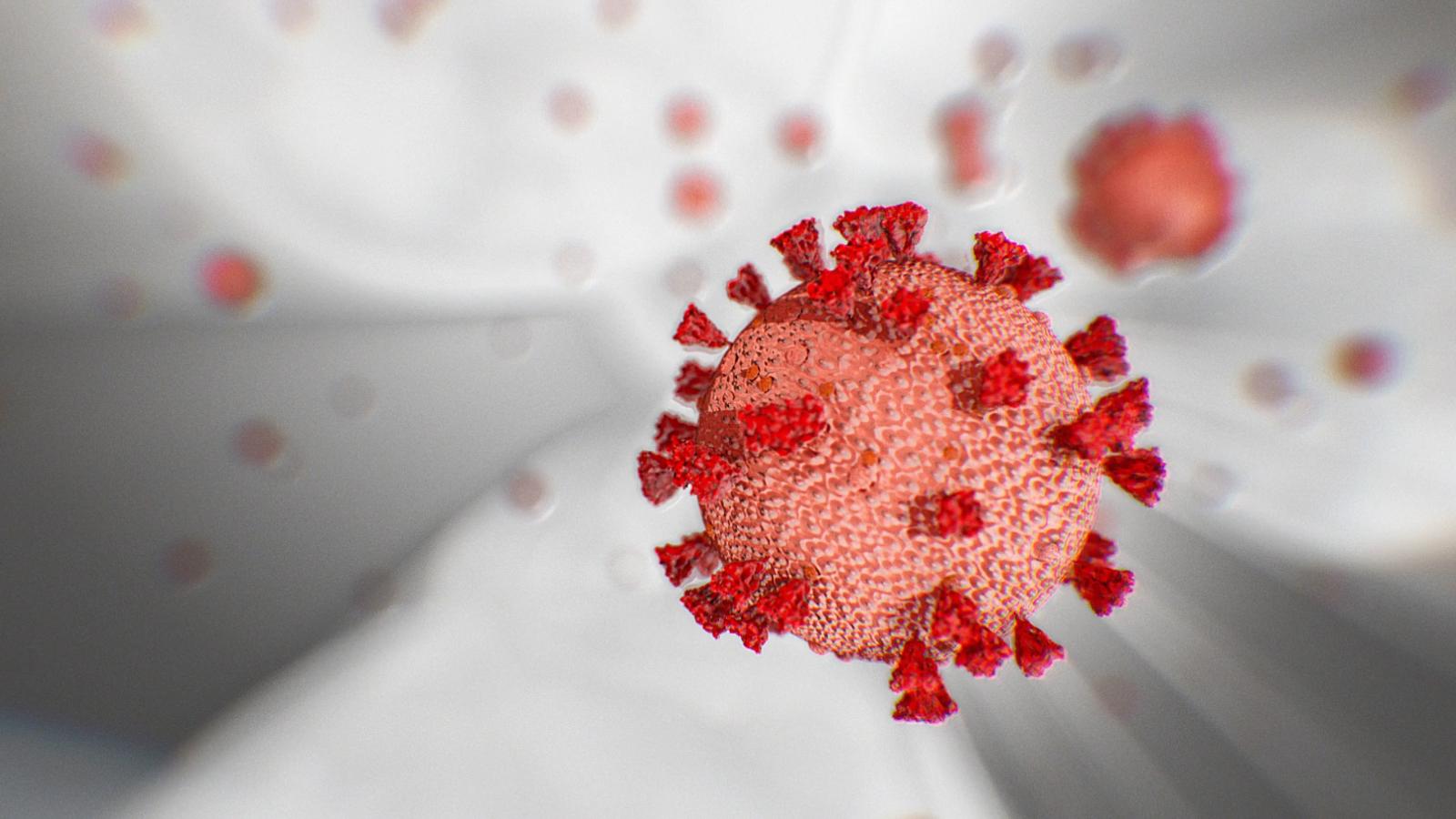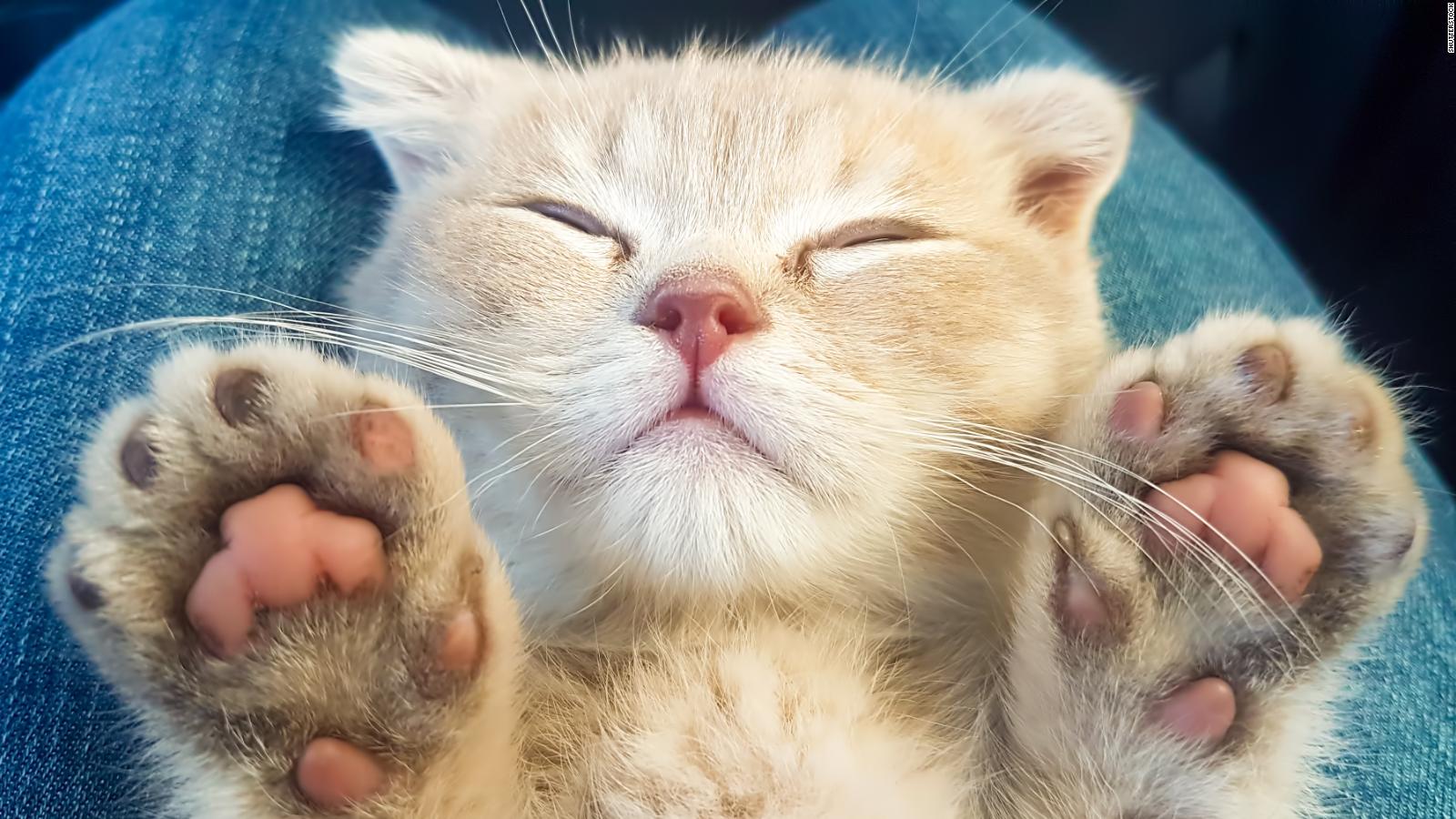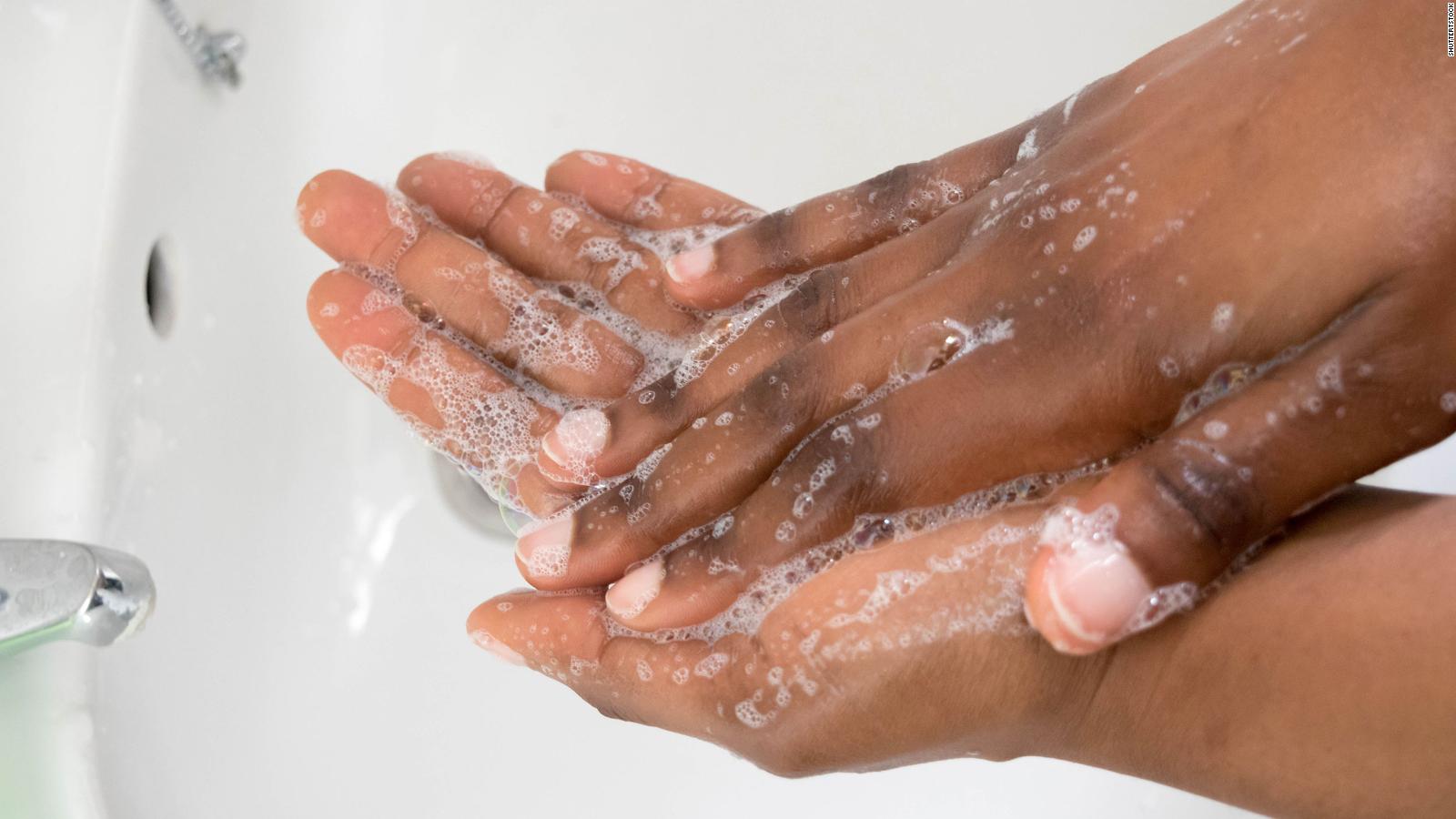How Long Can You Lose Taste and Smell With Covid
(CNN)In mild to moderate cases of coronavirus, a loss of odour, and therefore taste, is emerging every bit one of the almost unusual early signs of the disease called Covid-19.
"What'due south called anosmia, which basically means loss of odour, seems to exist a symptom that a number of patients developed," CNN Principal Medical Correspondent Dr. Sanjay Gupta told CNN ballast Alisyn Camerota on New Day.
"It may be linked to loss of taste, linked to loss of appetite, we're not sure -- but information technology's clearly something to expect out for," Gupta said. "Sometimes these early symptoms aren't the classic ones."
While fever, cough and shortness of breath are the key archetype signs of contracting Covid-19, a recent analysis of milder cases in South korea found the major presenting symptom in 30% of patients was a loss of odor. In Germany, more than 2 in three confirmed cases had anosmia.
In response, the American Academy of Otolaryngology-Head and Cervix Surgery and ENT Britain, a professional organization representing ear, nose and pharynx surgeons in the United Kingdom, are calling for the loss of aroma or taste to be added to the screening tools for possible Covid-nineteen infection.
Simply those with worrisome signs -- which may or may not be coronavirus -- are beingness told to stay home and monitor their symptoms so as not to stress already overburdened hospitals, clinics and heath care workers struggling to save lives.
So is there annihilation you tin exercise at abode to exam to see if you're suffering a loss of smell?
The answer is yep, by using the "jellybean test."
'Jellybean test'
"Yous have a jellybean in i hand, and with the other hand you hold your nose tightly so you're not getting any air flow," said Steven Munger, director of the Center for Smell and Taste at the University of Florida.
"You lot put the jellybean in your mouth and chew it. Let's say it's a fruit flavour jellybean: if you get the savory plus the sugariness of the jellybean you'll know you lot have functional taste," Munger said.
"Then, while still chewing, all of a sudden release your nose. If you have a sense of smell you'll suddenly become all the odors and y'all'll say 'Oh! that'due south a lemon jellybean,' or 'Oh! that's cherry-red.' It's really a very dramatic, quick, 'Wow' blazon of response," he explained.
"Then if y'all can get from sweet and sour to the full flavour and know what the flavor is," Munger said, "so your sense of smell is probably in pretty practiced shape."
The scientific name for this procedure is retro nasal olfaction, where the odors flow from the back of your mouth up through your nasal pharynx and into your nasal cavity.
But what if you don't have a jellybean? You lot tin use other foods also, said ear, nose and throat specialist Dr. Erich Voigt, director of the sectionalisation of sleep otolaryngology at NYU Langone Health.
"The pure scent sense would exist if you tin odour a particular substance that'southward not stimulating other nerves," Voigt said. "So some examples of that would be if you can smell ground java or coffee brewing, or if yous can smell someone peeling an orangish. That'southward the odor sense."
Simply you have to exist careful, because it's like shooting fish in a barrel to remember you lot're using your sense of smell when you're not, Voigt said.
"So for example, ammonia or cleaning solutions, those stimulate the trigeminal nerve, which is an irritant nerve," he said. "And so people volition think, 'Oh, I tin odor Clorox, I can odour ammonia, which means I can odour.' But no, that'due south not correct. They're non actually smelling, they're using the trigeminal nerve."
Still aren't sure if you're getting it right? Check the internet for medically-based scratch and sniff tests.
Smell loss is mutual
Of course, not everyone who flunks a smell test is going to have coronavirus. Any respiratory virus, such as cold or flu, will temporarily impact smell and taste, sometimes even permanently.
"The corporeality of swelling that can occur in the nose from the viral consequence can prevent the smell particles from getting all the fashion upward to the top of the nose where the olfactory nerve is," Voigt said. "When that swelling goes down, the sense of aroma can return."
But there are also neurotoxic viruses, some of which are in the mutual common cold category, Voigt said.
"If they're neurotoxic, that means that they impairment the olfactory nervus and it becomes essentially nonfunctional," he added. "Many of those cases tin can recover odor with fourth dimension, but sometimes it's a permanent loss."
A partial or consummate chronic loss of aroma is incredibly common, Munger said, affecting millions of Americans long before the novel coronavirus outburst upon the scene.
"Almost 13% of the population has a meaning smell or taste harm," he said.
Besides cold and flu, other causes of odor loss include nasal polyps, tumors, neurodegenerative diseases like Alzheimer's or Parkinson'southward, and traumatic brain injury or head trauma, including whiplash.
"If someone has been in an motorcar accident or had a whiplash injury or head injury, that could also affect the piffling fretfulness as they get from the encephalon down to the nose," Voigt said. "So a whiplash injury could also cause a permanent loss of sense of smell."
A loss of taste is unremarkably associated with the loss of smell, because we rely on smell to identify flavors. Only at that place can likewise exist medical reasons: Some medications can affect taste; chemotherapy and radiation therapy tin can certainly disrupt taste; and then there is concrete damage, such as nerves severed during dental surgeries.
A coronavirus connectedness
If you believe yous've lost your sense of smell (and do not have a medical reason to explicate the loss), experts say to accept the symptom seriously.
"At this point I would be fairly confident to put it in the aforementioned category as, say, fever," said Munger. "Obviously a variety of things tin can cause a fever. But if you lot lose your sense of odour quickly you want to self-isolate and contact your doc to talk near what actionable steps you might want to take."
Voigt agrees: "My recommendation is you should cocky-isolate and quarantine for nearly 14 days and don't spread that virus to other people," he said. "If you take to become out, wear a mask so that you're not sharing the virus with others."
If yous do experience a loss of smell, take care because in that location are dangers such as not being able to aroma a gas leak, or perceive rotten milk or rancid food.
And be aware that the loss of odour tin occur further into the illness, along with other, more mutual symptoms.
"It tin can precede the viral symptoms," Voigt said. "There were people with very balmy illness symptoms, only they did lose their sense of smell. And at that place are other patients where the loss of smell kicked in afterward they were having fever and chills.
"So the timeline is not predictive," he stressed. "And information technology's also not a predictive sign of the severity of the disease -- it does not predict that you're going to get the bad pulmonary complications at this point. We don't have whatsoever data saying that."
Source: https://edition.cnn.com/2020/04/03/health/smell-taste-test-coronavirus-wellness/index.html





0 Response to "How Long Can You Lose Taste and Smell With Covid"
Post a Comment